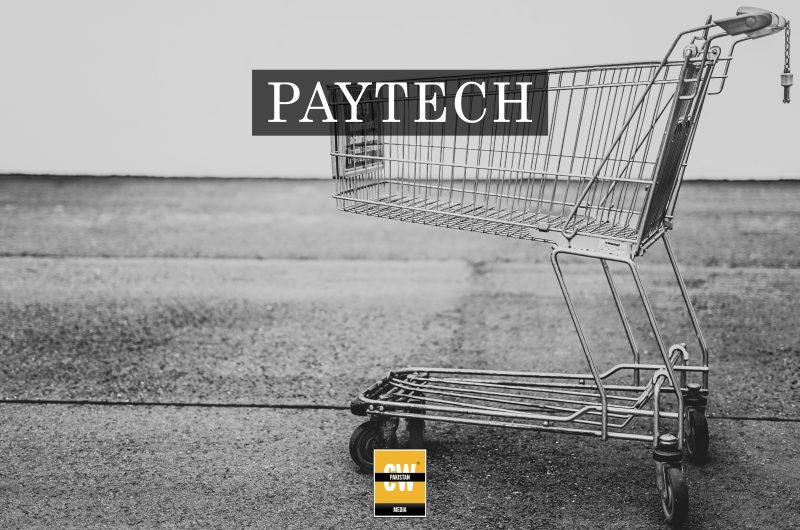The State Bank of Pakistan (SBP) has chosen Japanese blockchain technology company Soramitsu to lead the development of its central bank digital currency (CBDC), marking a significant step forward in Pakistan’s digital finance ambitions. The move comes on the heels of the federal government’s approval of the Virtual Assets Act 2025, a comprehensive framework for regulating virtual asset activities in the country.
According to a report from Japanese outlet Nikkei Asia, Soramitsu will collaborate with the SBP on a pilot programme to roll out a digital version of the Pakistani rupee. The partnership reflects growing momentum within the central bank to integrate blockchain-based payment systems into the national financial infrastructure. Just days before the news broke, SBP Governor Jameel Ahmed confirmed that the institution was preparing to launch its CBDC pilot and finalising regulations for digital asset operations.
The Virtual Assets Act, approved on July 9, establishes the Pakistan Virtual Asset Regulatory Authority (PVARA), an independent body tasked with licensing and overseeing all entities dealing in virtual assets. Under the law, service providers must meet incorporation requirements, comply with reporting standards, and operate under strict regulatory oversight. The Act also introduces a regulatory sandbox to allow controlled testing of innovative digital asset solutions, alongside provisions for “no-action” relief letters that can offer temporary exemptions under specific conditions.
To ensure compatibility with Islamic finance principles, a shariah advisory committee will be established to guide PVARA in evaluating virtual asset products. Licensed firms offering Islamic-compliant services will be required to follow the committee’s rulings. In addition, a virtual assets appellate tribunal will be created to hear appeals against regulatory decisions, with its panel comprising legal, financial, and technology experts.
Pakistan’s interest in CBDCs dates back to 2021, when the SBP included them in its digital banking roadmap. Recent developments, including high-level meetings between bankers, currency dealers, and financial experts, have accelerated the timeline for introducing digital currency solutions. Advocates believe a CBDC could enhance payment efficiency, improve financial inclusion, and reduce the costs associated with cash distribution, particularly in rural areas where banking penetration remains low.
Soramitsu is no stranger to CBDC implementation, having previously worked on Cambodia’s Bakong system and conducted pilot projects in Papua New Guinea and the Solomon Islands. The Japanese firm’s experience in developing blockchain-based financial infrastructure tailored to emerging economies is seen as a strong fit for Pakistan’s needs, especially given challenges with internet access and electricity supply in some regions. Plans for offline transaction capabilities are also being explored to ensure nationwide accessibility.
Globally, Pakistan’s move aligns with efforts by countries such as China, India, Nigeria, and several Gulf states to test or launch digital currencies through regulated pilot programmes. While enthusiasm for CBDCs is growing, experts caution that regulatory clarity, technological readiness, and public trust will be critical for successful adoption.
If successful, Pakistan’s CBDC pilot could position the country as a leader in digital currency deployment in South Asia, paving the way for broader blockchain integration into its financial system.










